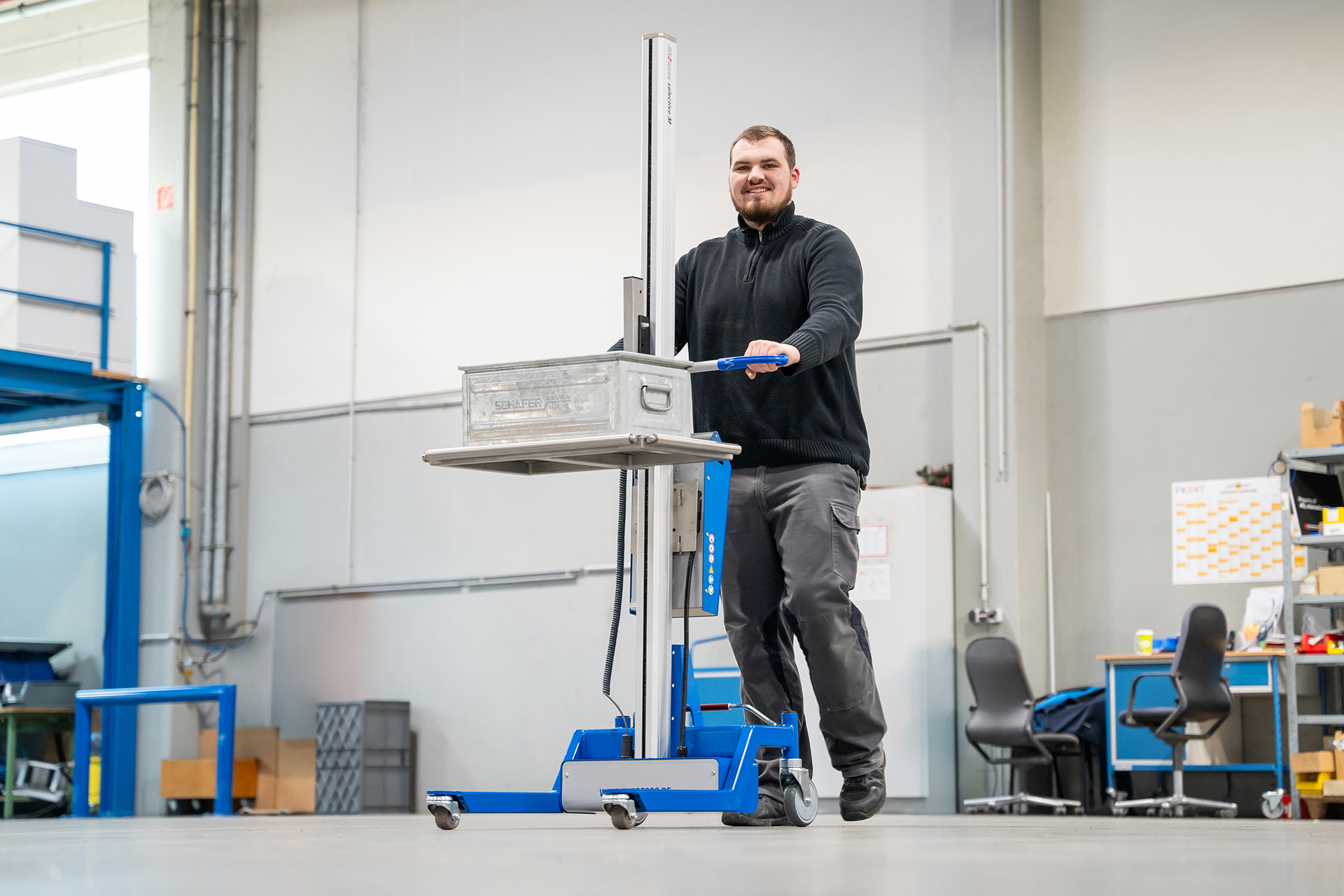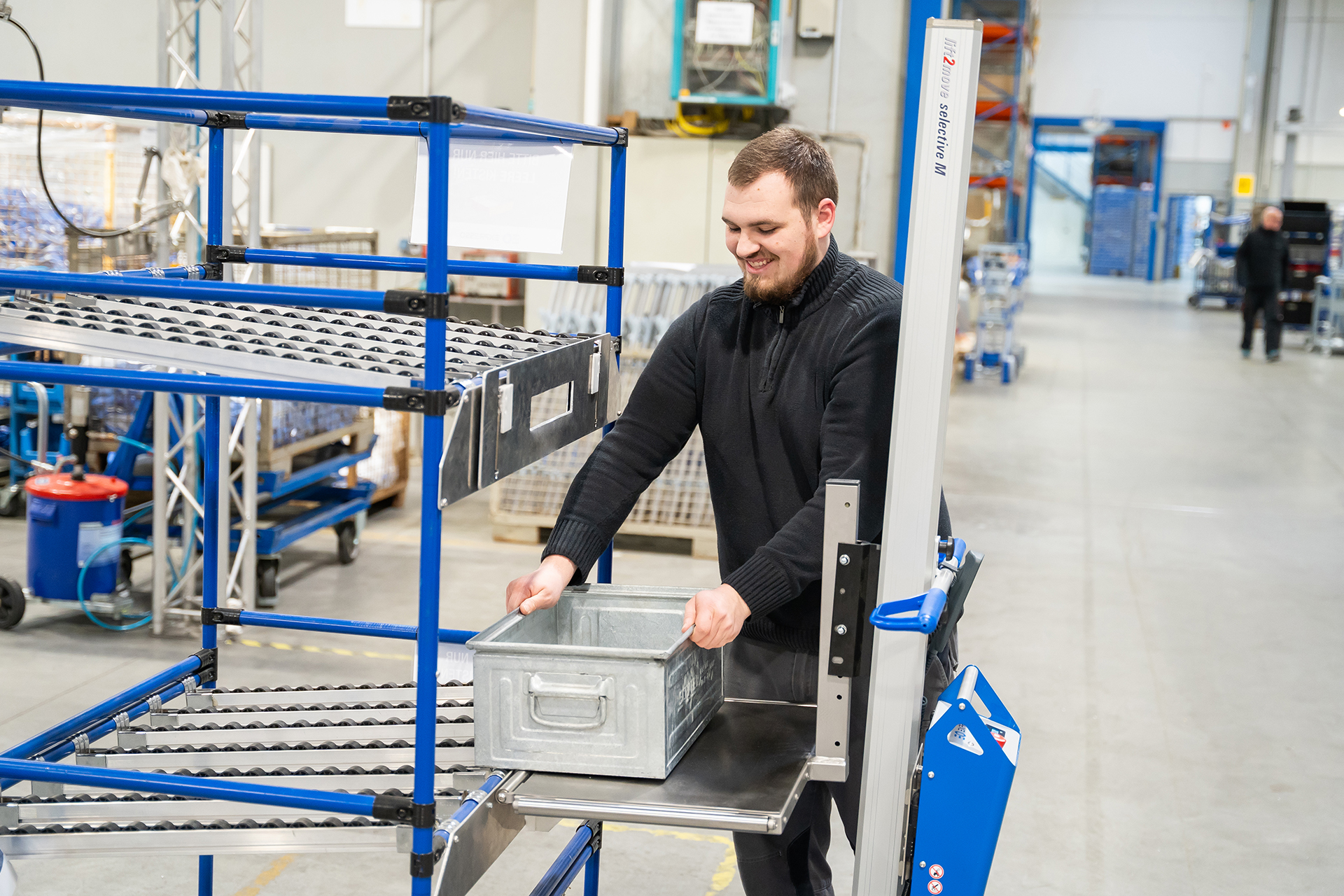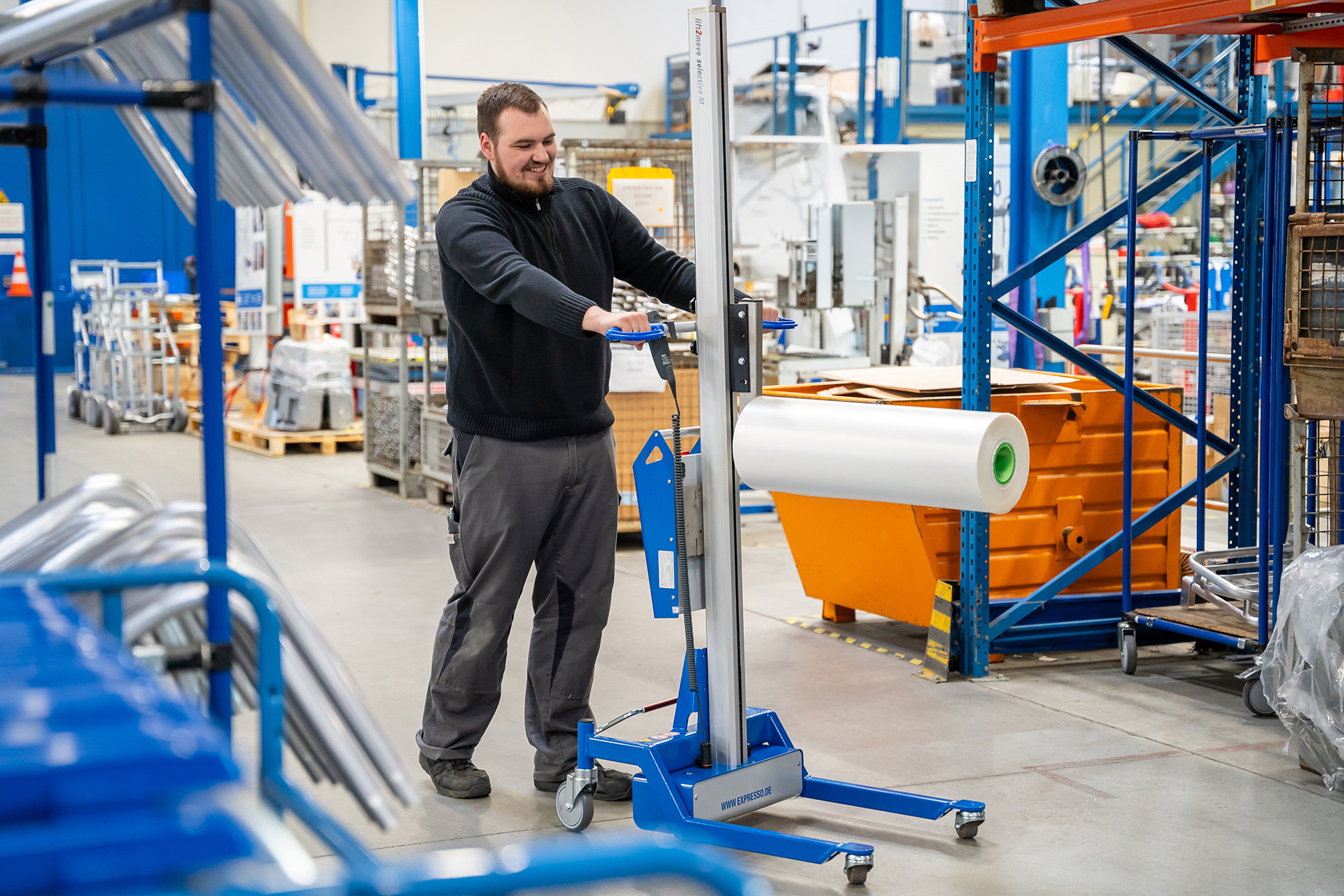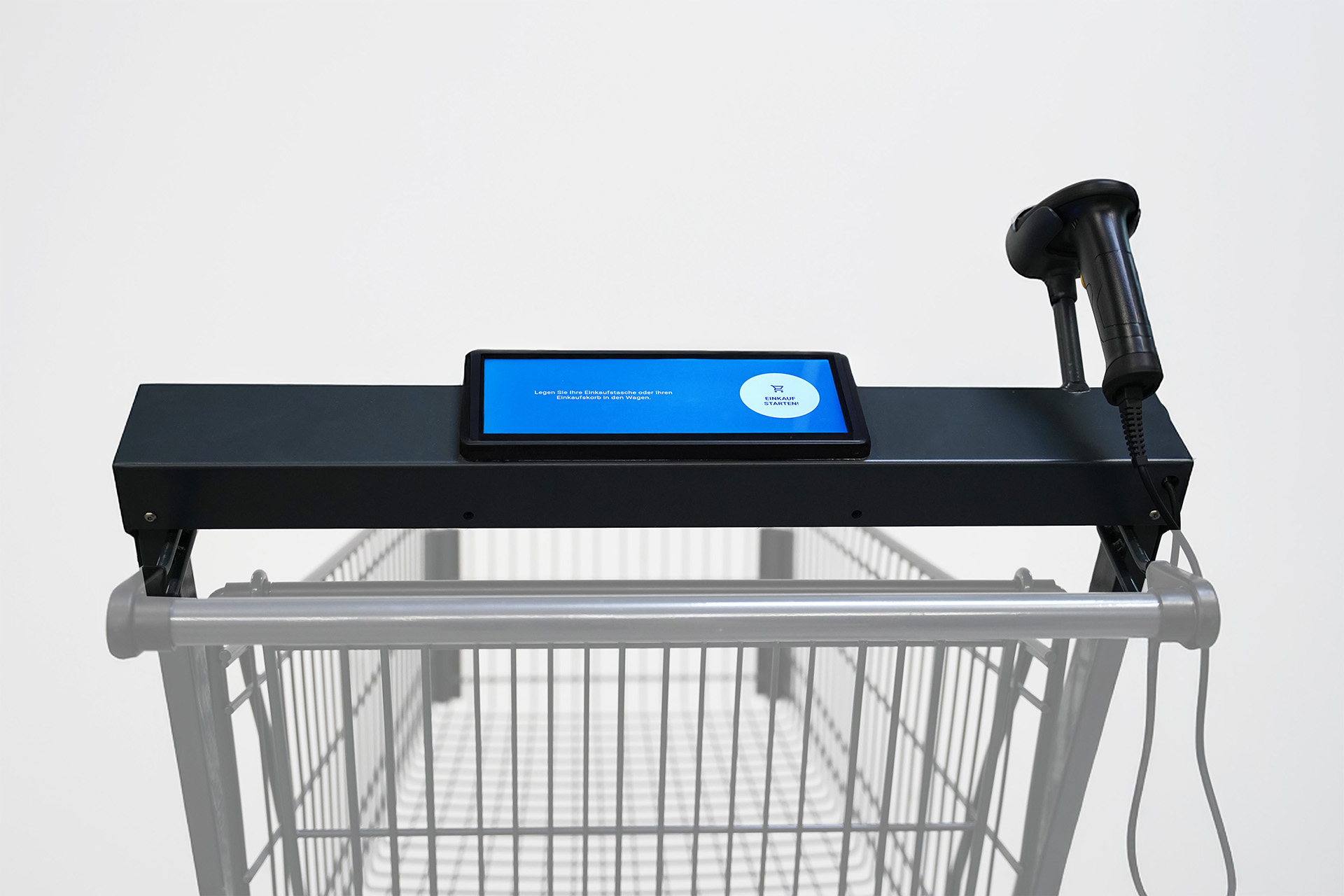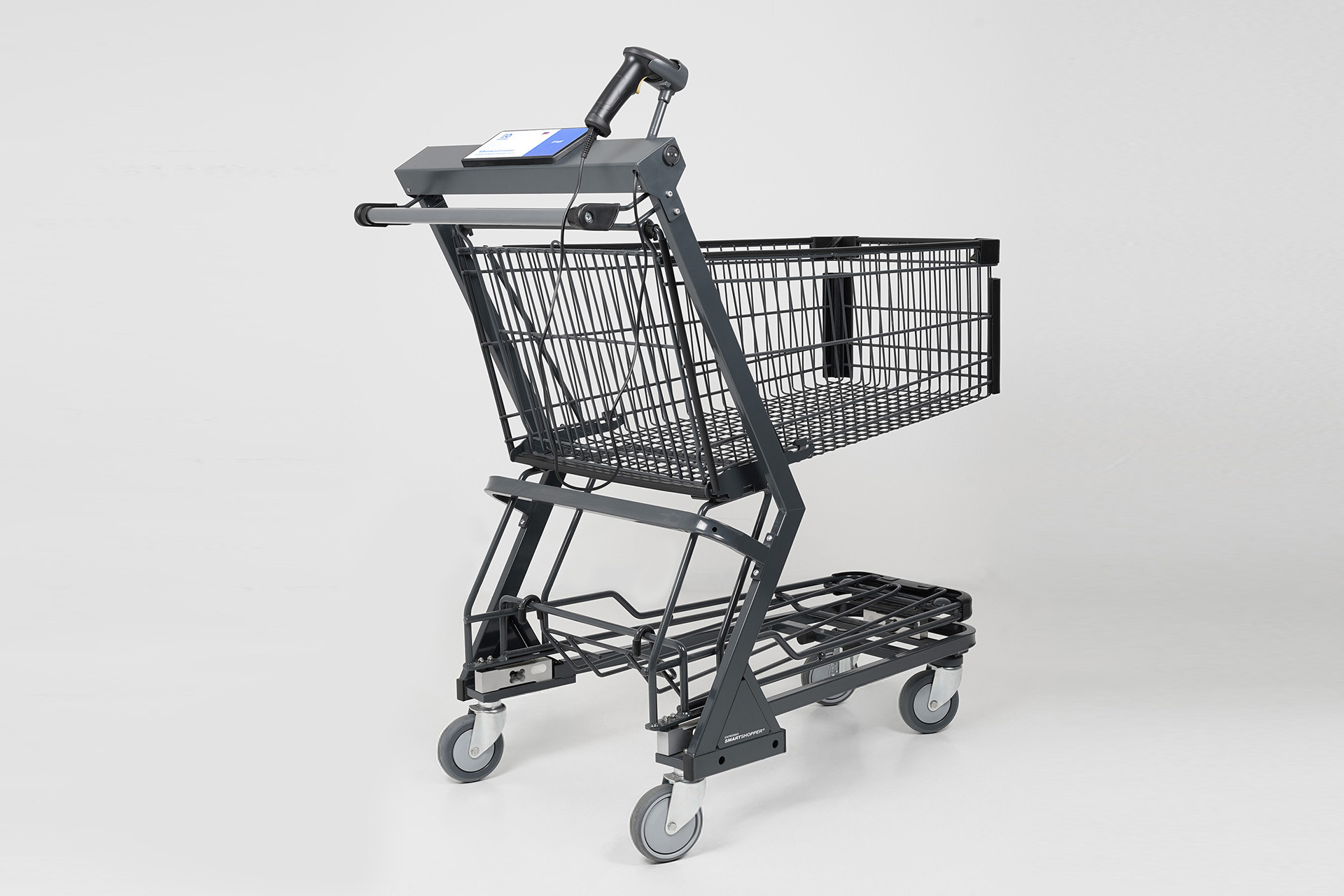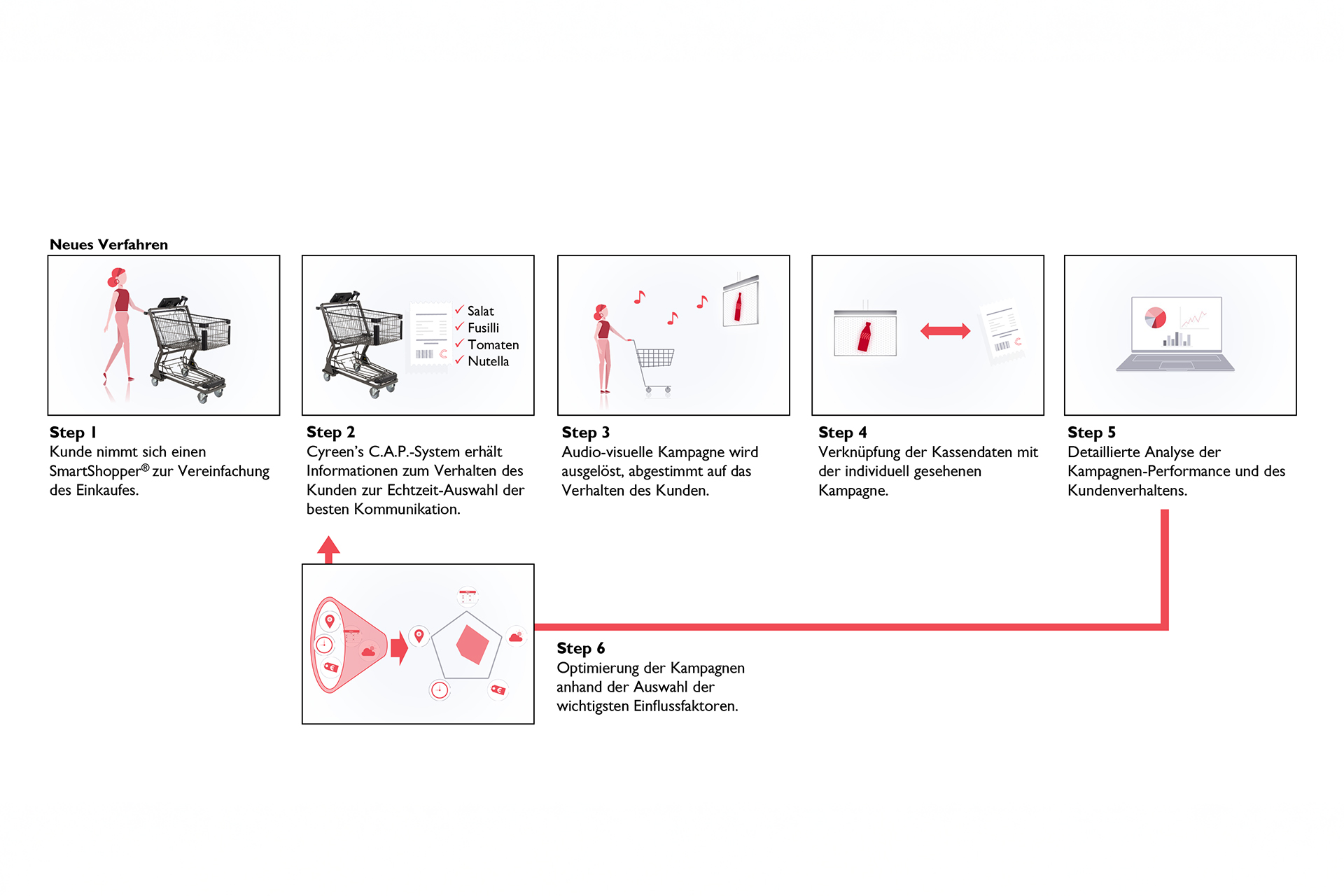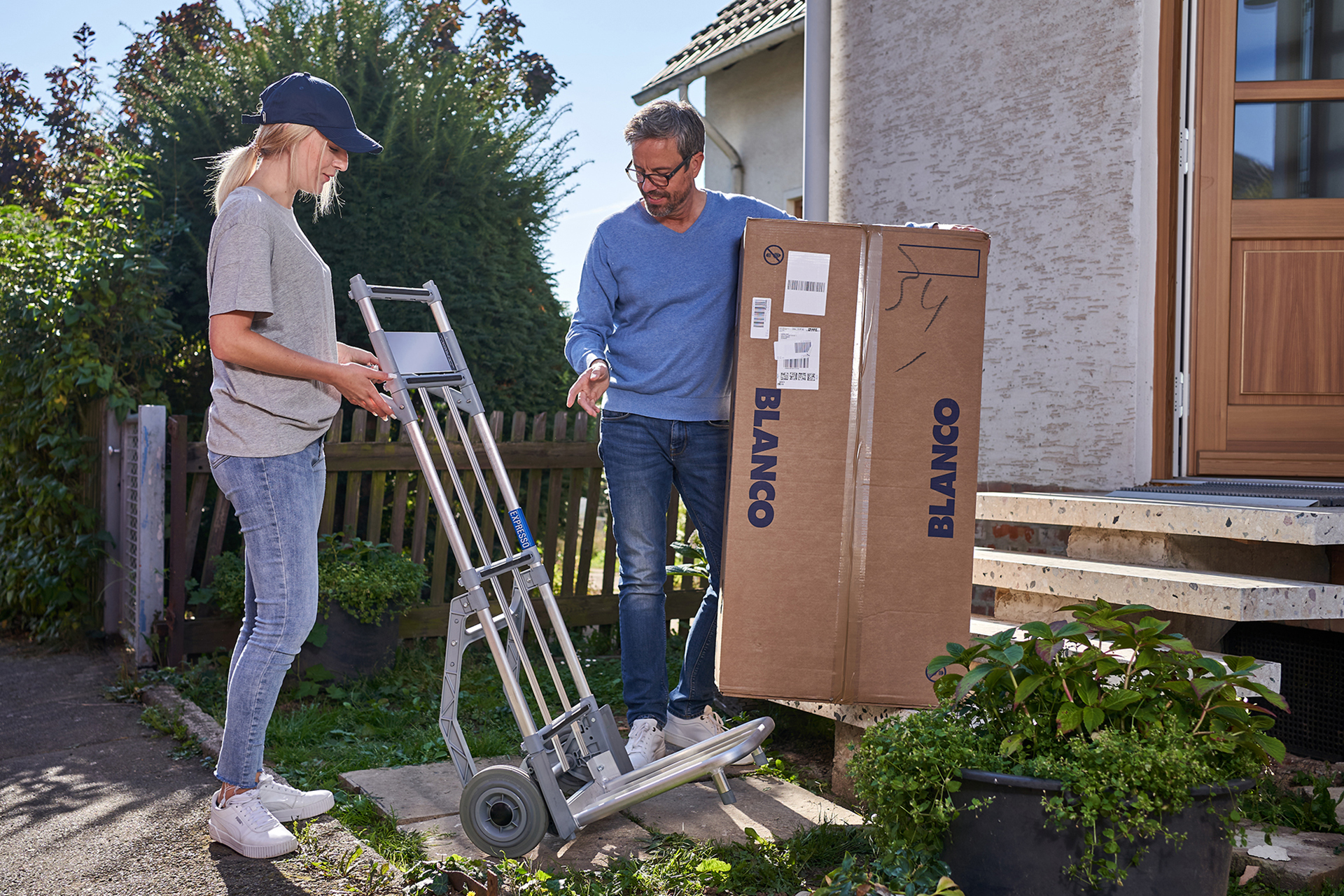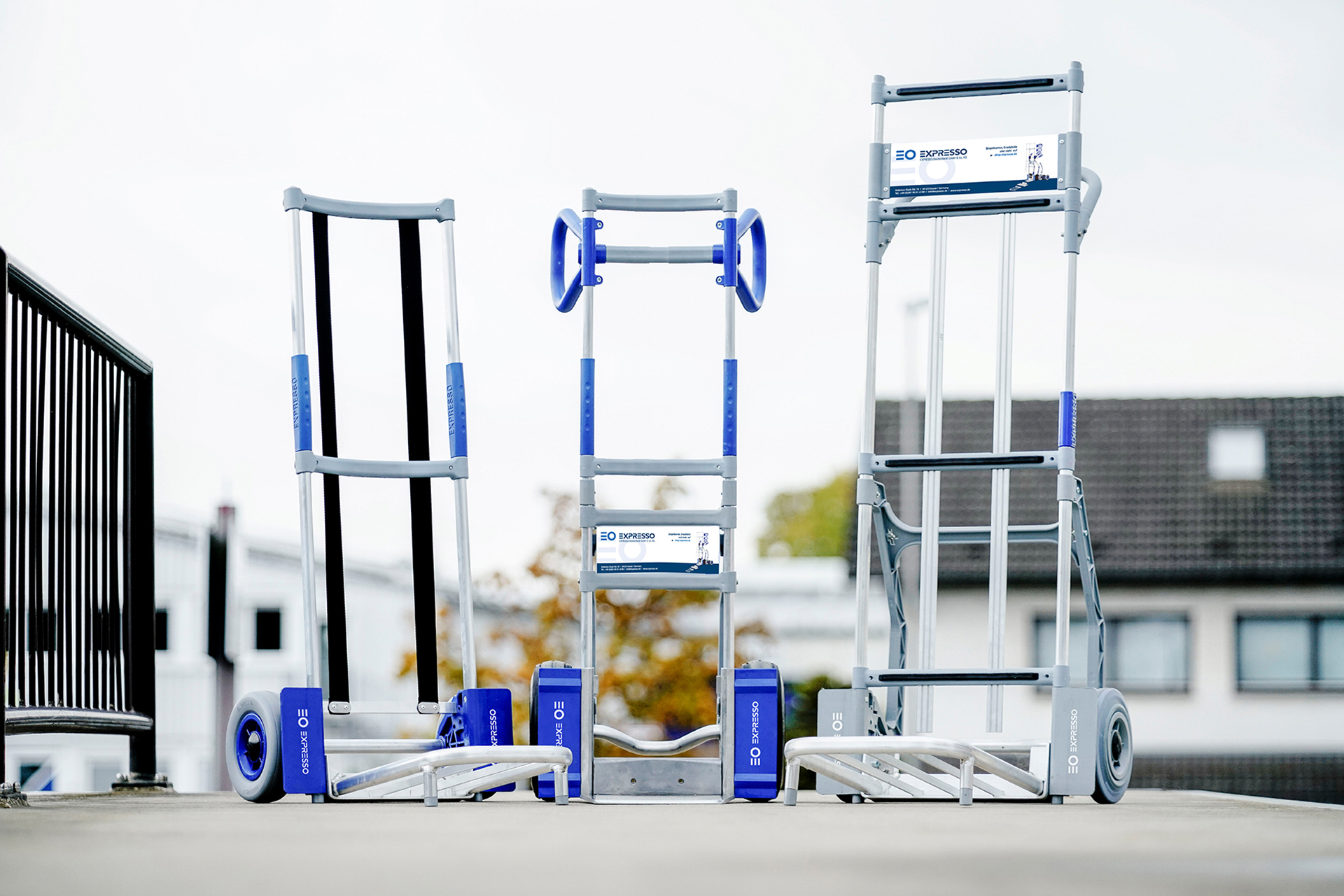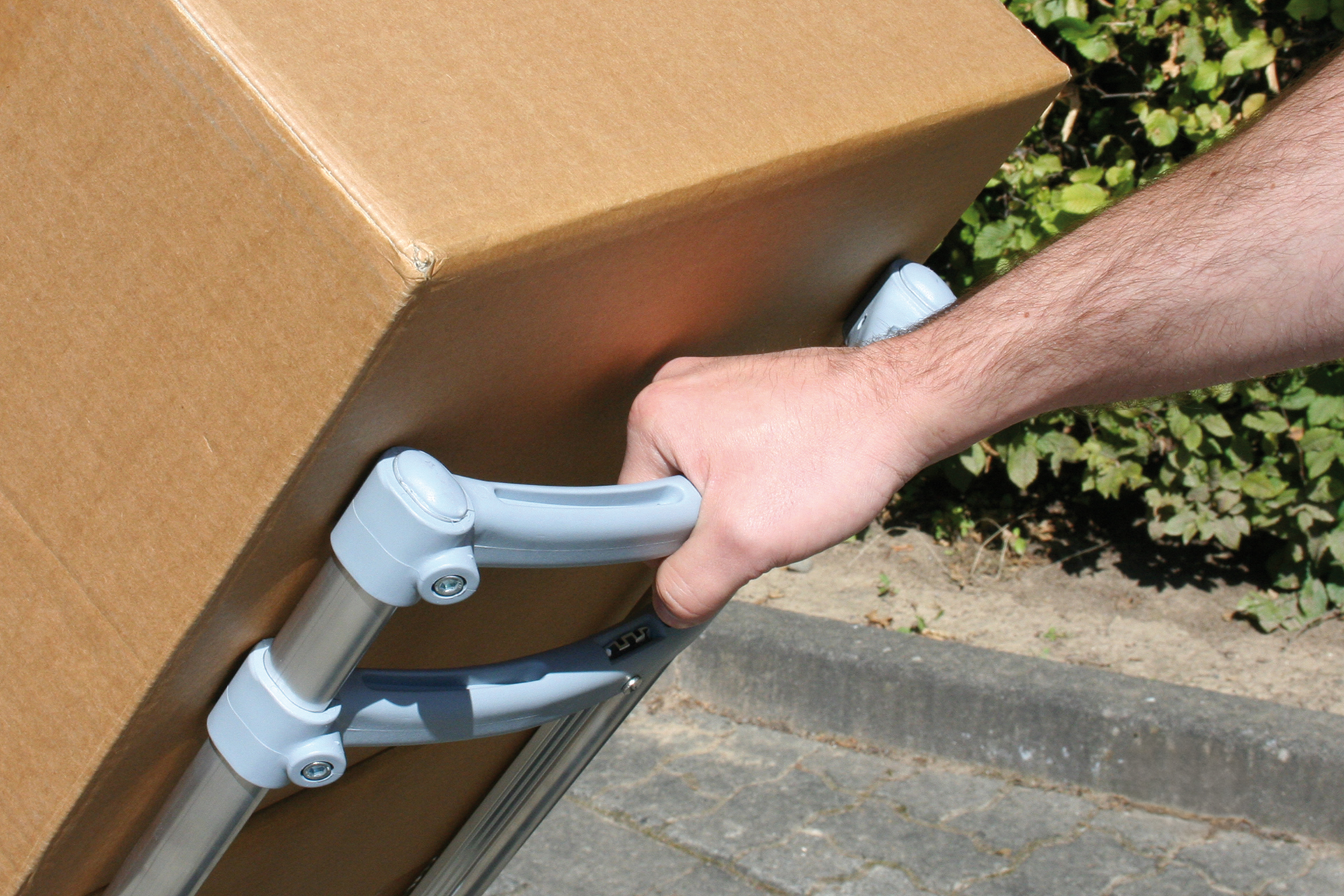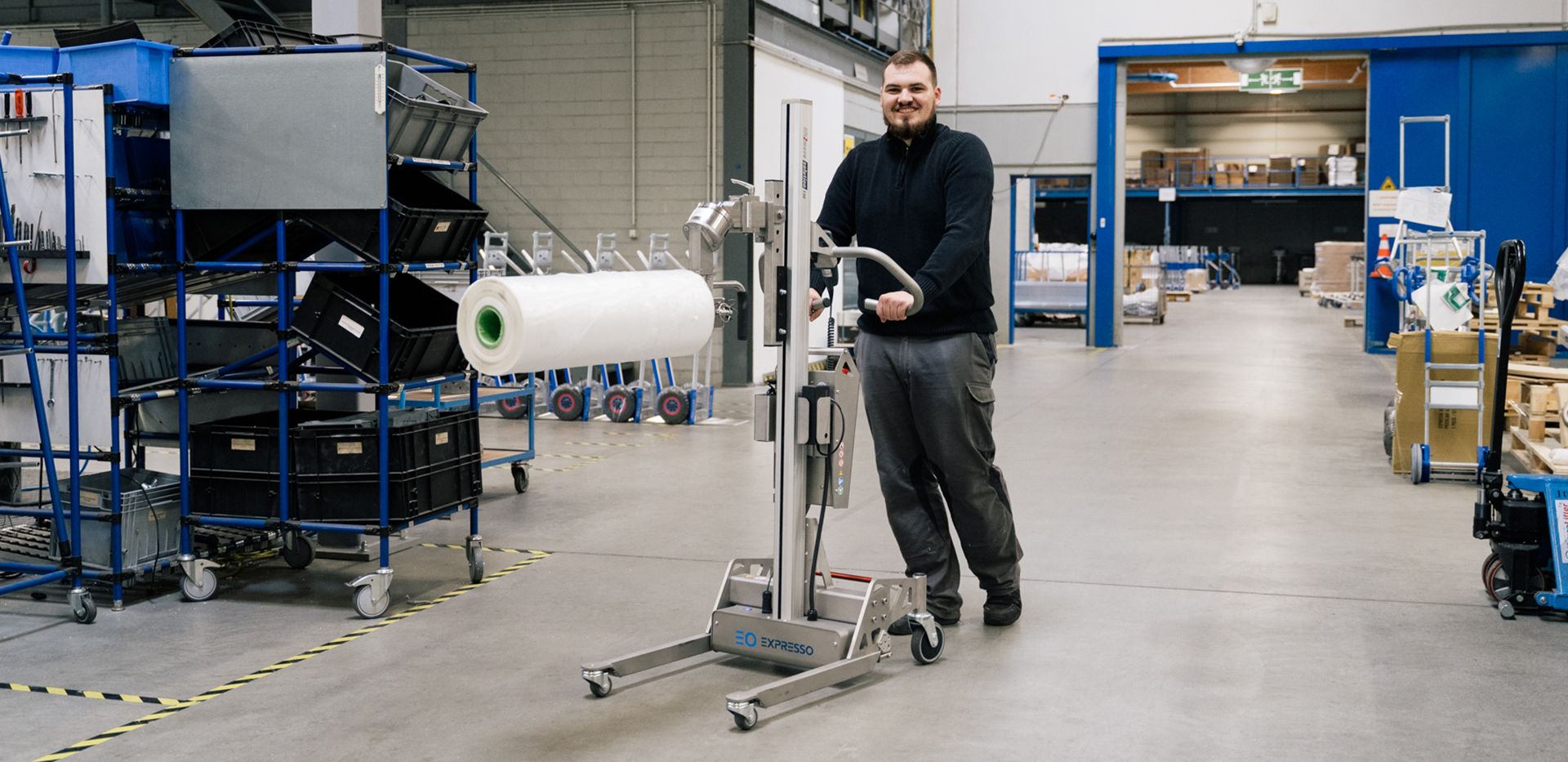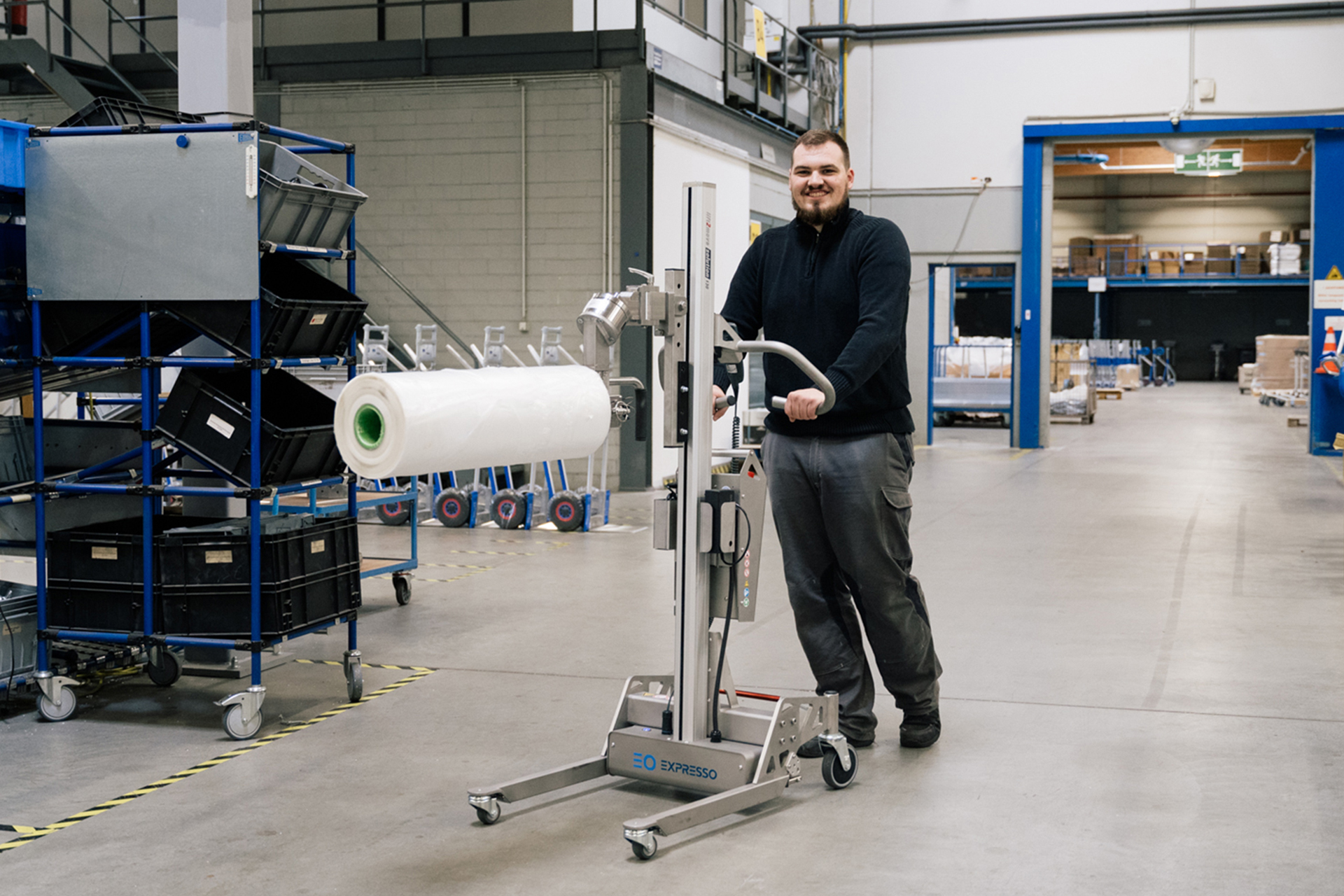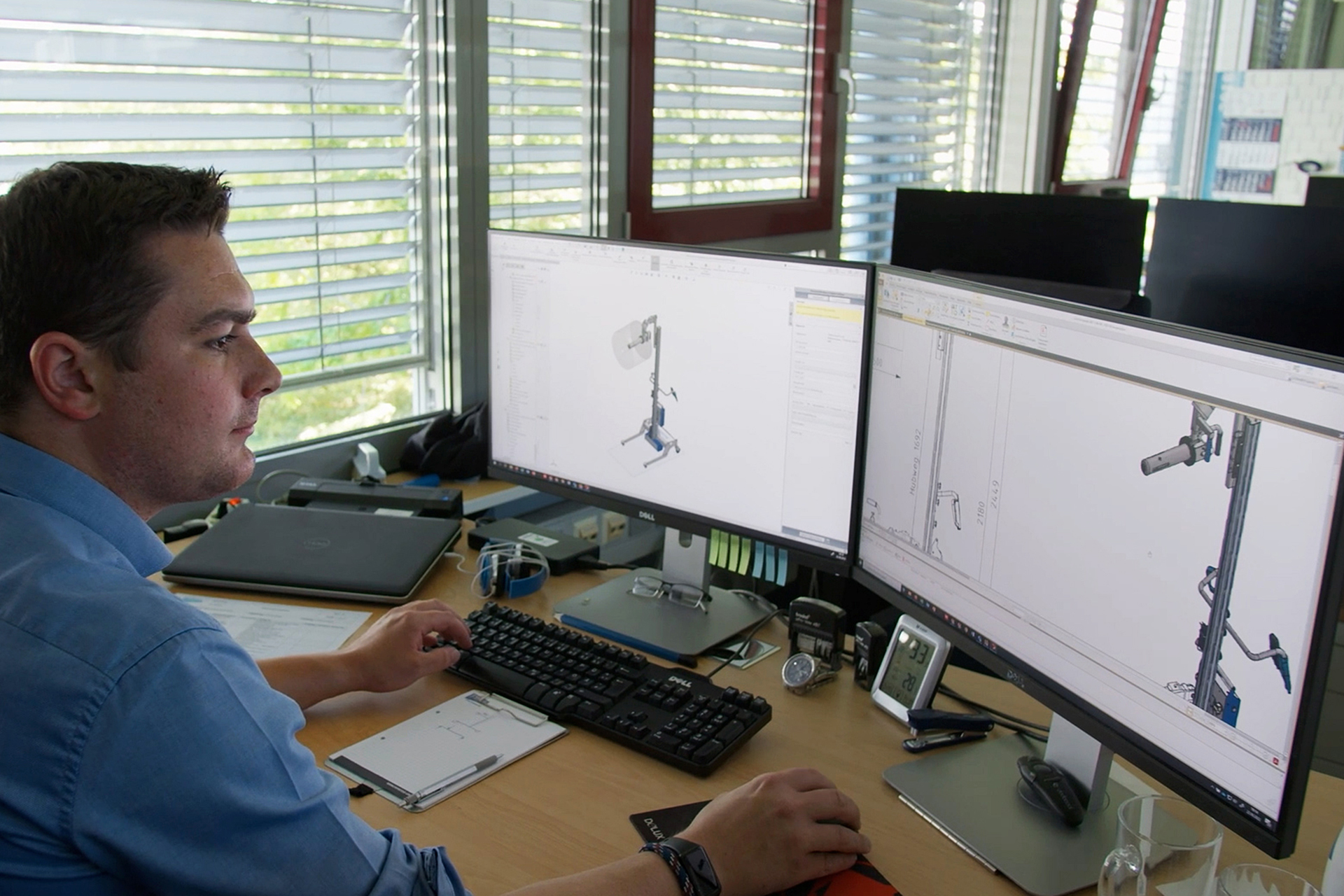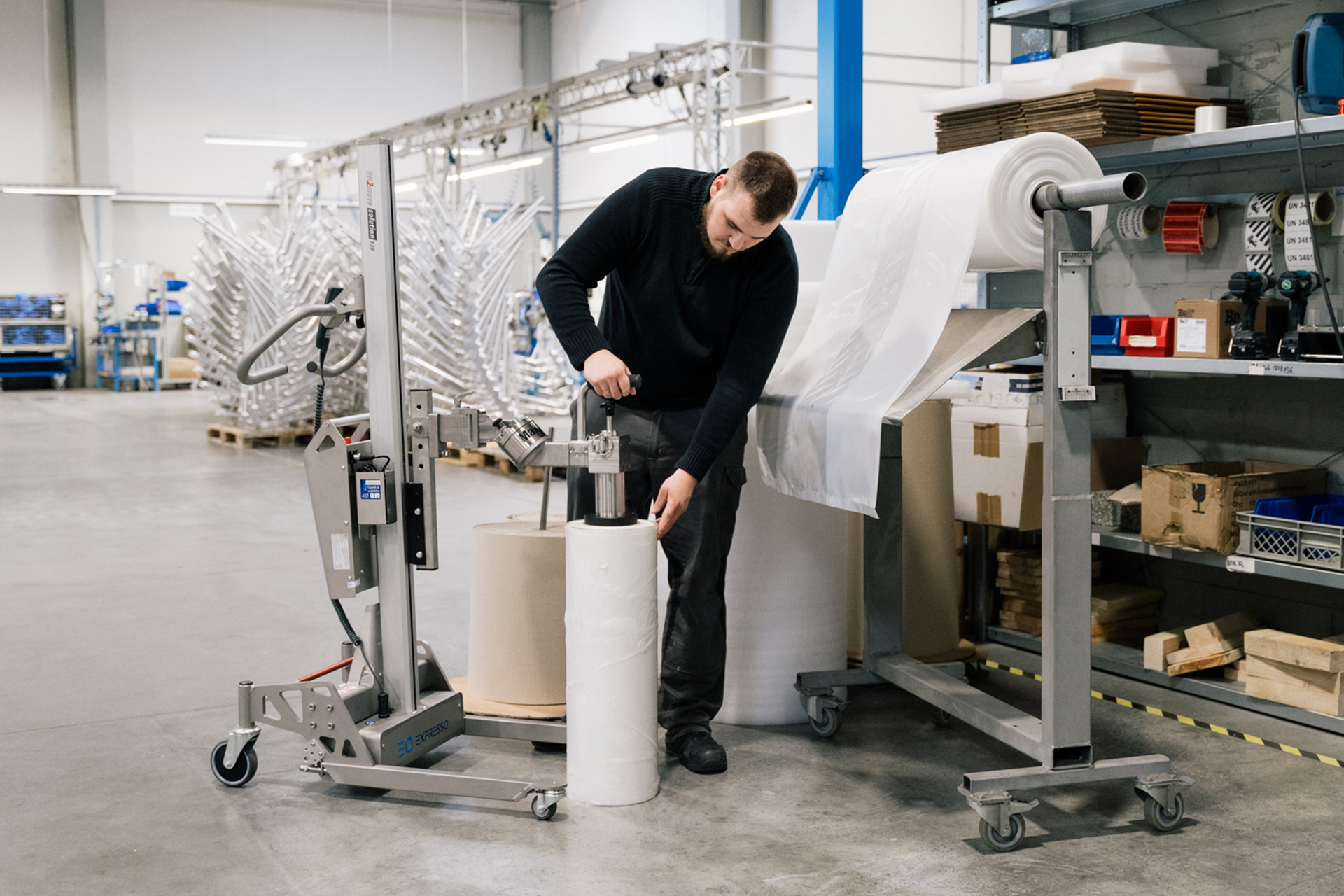A promise of quality with a long-term effect
As a manual transport device for effortless, safe and ergonomic handling of cardboard boxes, drinks crates, barrels or storage boxes, the EXPRESSO hand truck has a firm place in logistics and intralogistics. Its many variants have proven themselves in the supply chains of many industries around the world. The continued success of this single-axle ‘short-distance trolley’ is based not only on its high-quality workmanship, but also on the further development of the product idea into a modular system that offers more and more scope for the realisation of customer-, industry- and country-specific solutions. Based on the strict quality assurance of the assembly processes at its main factory in Kassel/Germany and in view of the durability of its hand trucks, the German manufacturer recently decided to take an unusual step: since January of this year, many standard hand trucks have had an extended warranty period of ten years! ‘This forward-looking promise of quality not only expresses our own confidence in the high reliability of our transport system, but is also a carefree package that offers the customer a considerable degree of added value,’ says Karsten Grötecke, who heads the hand trucks business unit at EXPRESSO. The new super warranty covers all material and manufacturing defects and applies to the majority of the hand trucks from the company’s wide range of models.
Investment security and availability
The customer benefits from the extended warranty period in several ways. They not only safeguard their investment decision, but also reduce their financial risk to a moderate minimum. This is because they are exempt from the costs of repairs and spare parts for a full decade in the event of production-related defects. Karsten Grötecke also explains: ‘To ensure the high availability of the hand trucks, we have set up a clearly structured process for the rapid rectification of production and material faults, which supports the rapid elimination of defects. Our partner network with many certified suppliers in the region is also a great advantage here.’ EXPRESSO has also included the costs for the delivery of repaired or replaced products to the original delivery address in the new warranty. Excluded from the ten-year warranty, however, are – as is generally the case – accessories and wearing parts as well as protective profiles (e.g. skids, tyres, lashing straps, protectors). The customer is still entitled to all statutory warranty rights in this respect.
EXPRESSO’s extended warranty period should also send a signal to all those companies that want to organise their supply chains according to sustainability criteria. Apart from the fundamentally high product quality of the hand trucks, it makes it clear that these ‘Made in Germany’ transport devices are designed for a very long service life. As their product life cycle can be refreshed again and again with spare parts or modules, it often takes many decades before an EXPRESSO hand truck becomes obsolete. Karsten Grötecke also emphasises that ‘ecological aspects are included in all product development considerations right from the start. We continuously optimise the use of energy and raw materials in order to protect the environment in the long term.’
Premium through and through
The high level of quality that EXPRESSO achieves with its hand truck is reflected in many details of the design. For example, the carcass structure of the pneumatic wheels guarantees maximum load capacity with minimum rolling resistance. In addition, all wheels are odourless and run on waterproof and dustproof deep groove ball bearings. ‘We have an Airlex wheel in our programme as a ‘non-flat’ solution. It is made of polyurethane, contains thousands of microcellular air bubbles and offers a service life that is 5 times longer. All wheel types have very good shock absorption on uneven surfaces and are extremely directionally stable,’ explains Karsten Grötecke. Worth mentioning here: All wheels with a diameter of 260 mm have the curved axle typical of EXPRESSO hand trucks as standard. This makes tipping easier, even with heavy loads, and prevents the user’s feet from slipping.
For the frame of its hand trucks, EXPRESSO uses aluminium elliptical tubes made from a high-strength special alloy that is 50 percent lighter than steel, yet still meets high standards in terms of stability and load-bearing capacity. Glass fibre reinforced, permanently protected angle connectors and double stainless steel clamps are also used in the main load areas. All cross connections are also GRP-reinforced and positively connected to the rail. The anti-slip profiles made of high-quality Exlan plastic protect the aluminium inclined runners when negotiating steps. When the integrated red centre of their wear indicator appears, it is time to replace the profiles. This is done quickly thanks to a clip system. The spade blade of the hand truck, precision-milled from a special alloy, is tightly profiled and prevents the load from slipping sideways. ‘All spare and wear parts can be ordered via our service centre or web shop. They ensure that an EXPRESSO hand truck can always be kept in top condition and will serve its user faithfully for many years – accompanied by the new super guarantee,’ says Karten Grötecke.
Share this article:
-
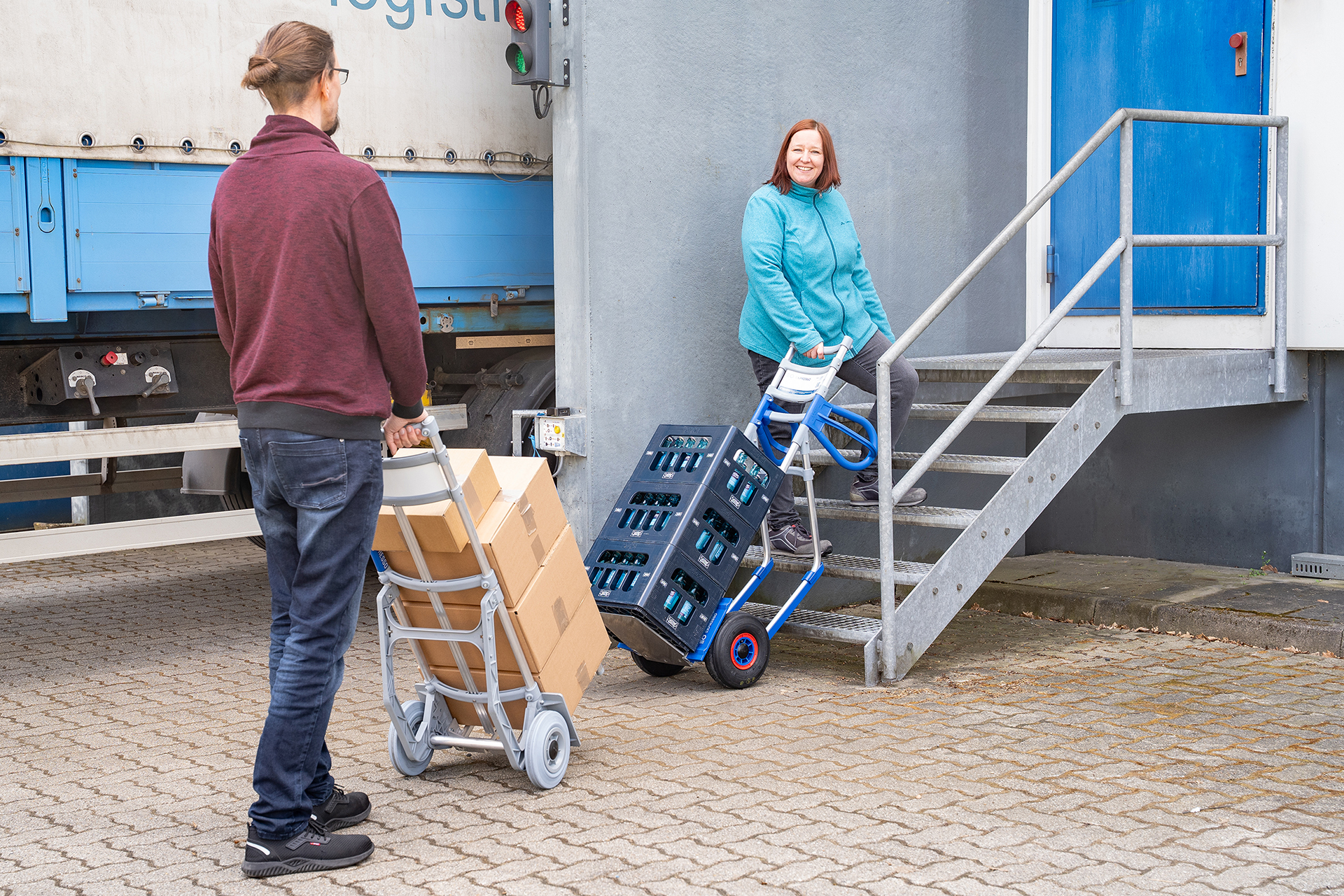
qualitaetsversprechen-1
As a universally usable, manual transport device, the EXPRESSO hand truck has proven itself worldwide in the supply chains of many industries. -

qualitaetsversprechen-2
EXPRESSO has been supplying its hand trucks with a ten-year warranty since the beginning of 2025. The manufacturer is thus giving its customers an extended quality promise that secures their investment in the long term. -

qualitaetsversprechen-3
Karsten Grötecke: ‘Our new ten-year warranty not only expresses our own confidence in the high reliability of our hand trucks, but is also a carefree package that offers customers considerable added value. -
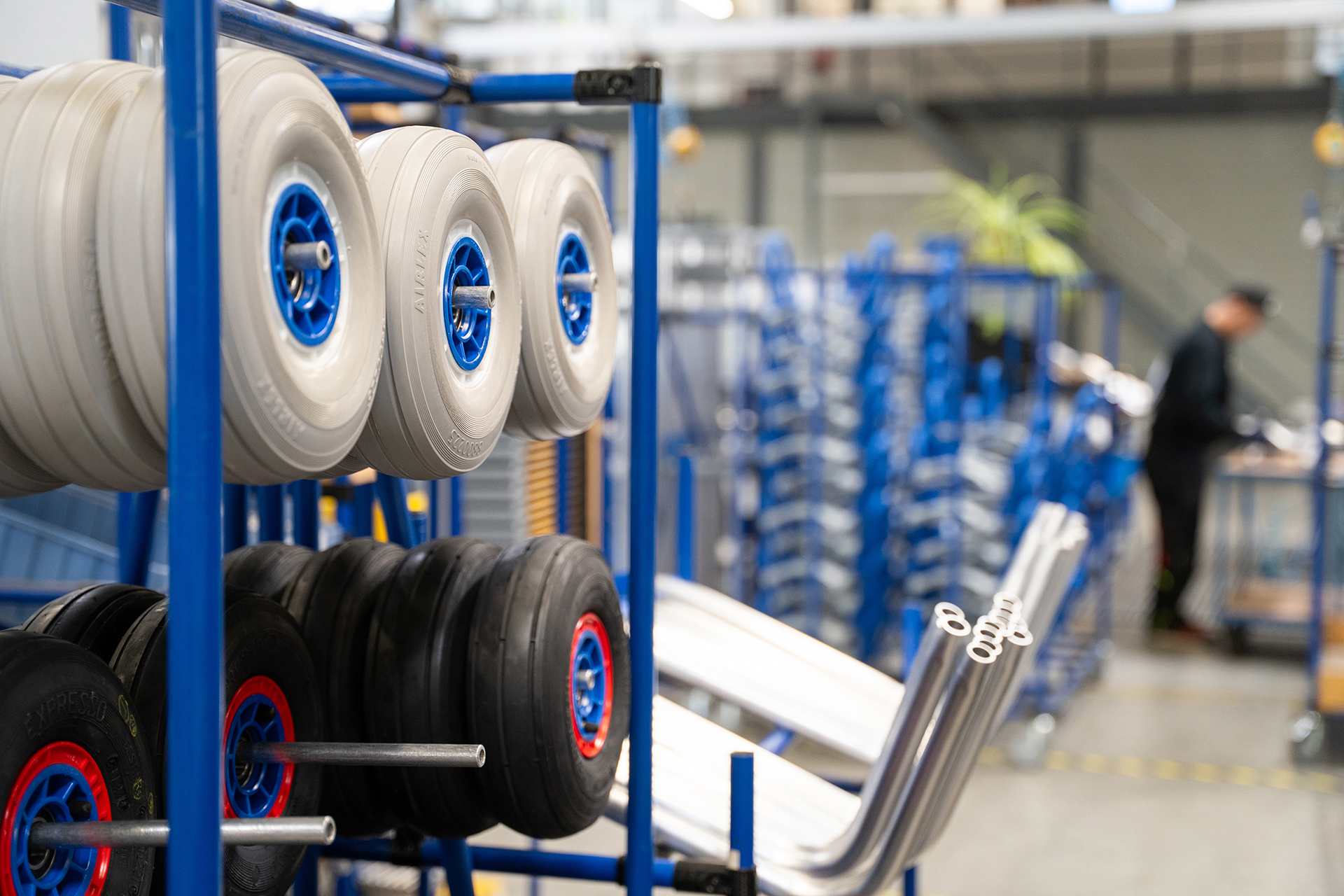
qualitaetsversprechen-4
Every single part of an EXPRESSO hand truck can be ordered as a spare part – for example via the company’s web shop. -
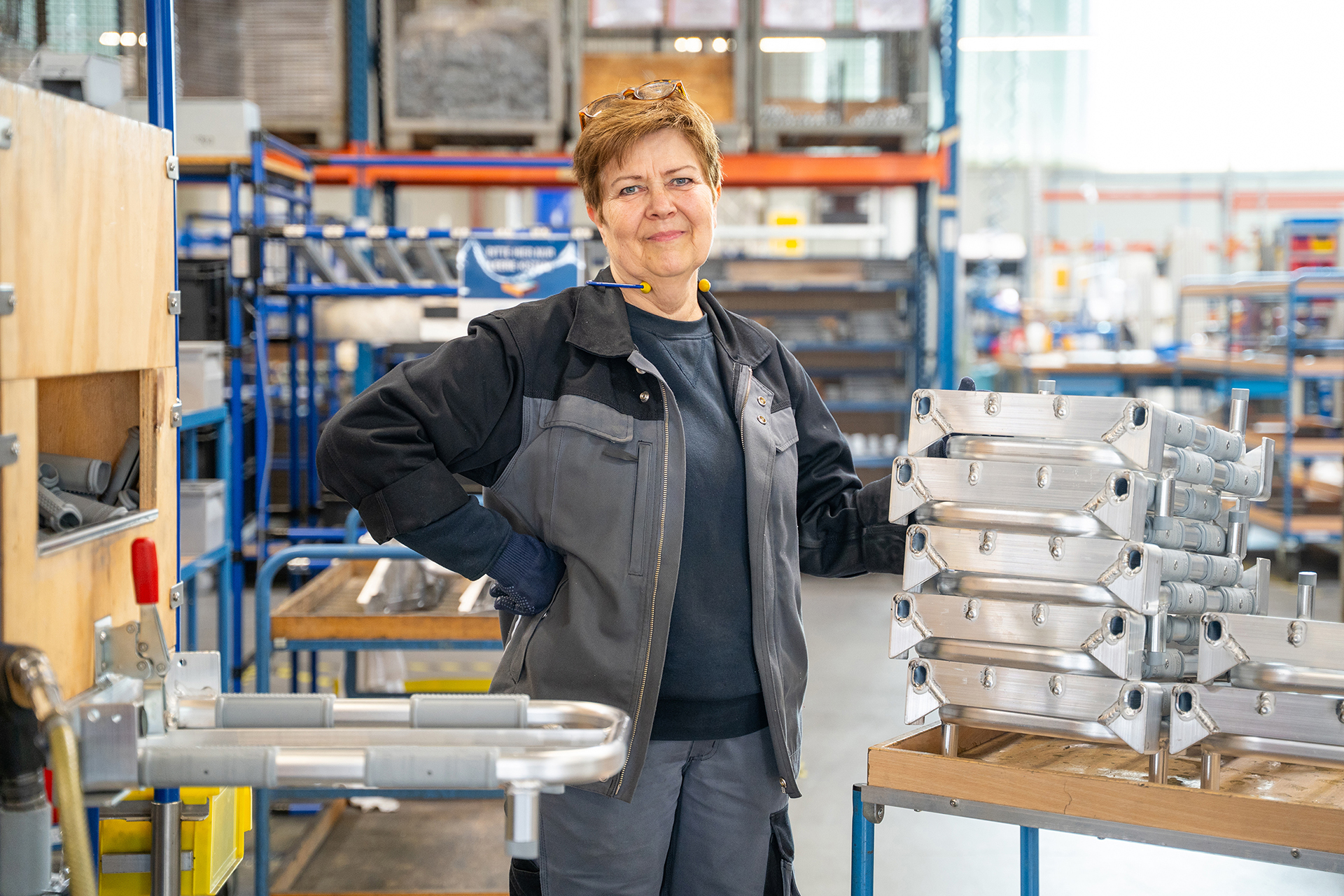
qualitaetsversprechen-5
Development, production and final assembly of the hand trucks take place at the EXPRESSO headquarter in Kassel/Germany. Here, 120 employees currently contribute to the company’s extended quality promise. -
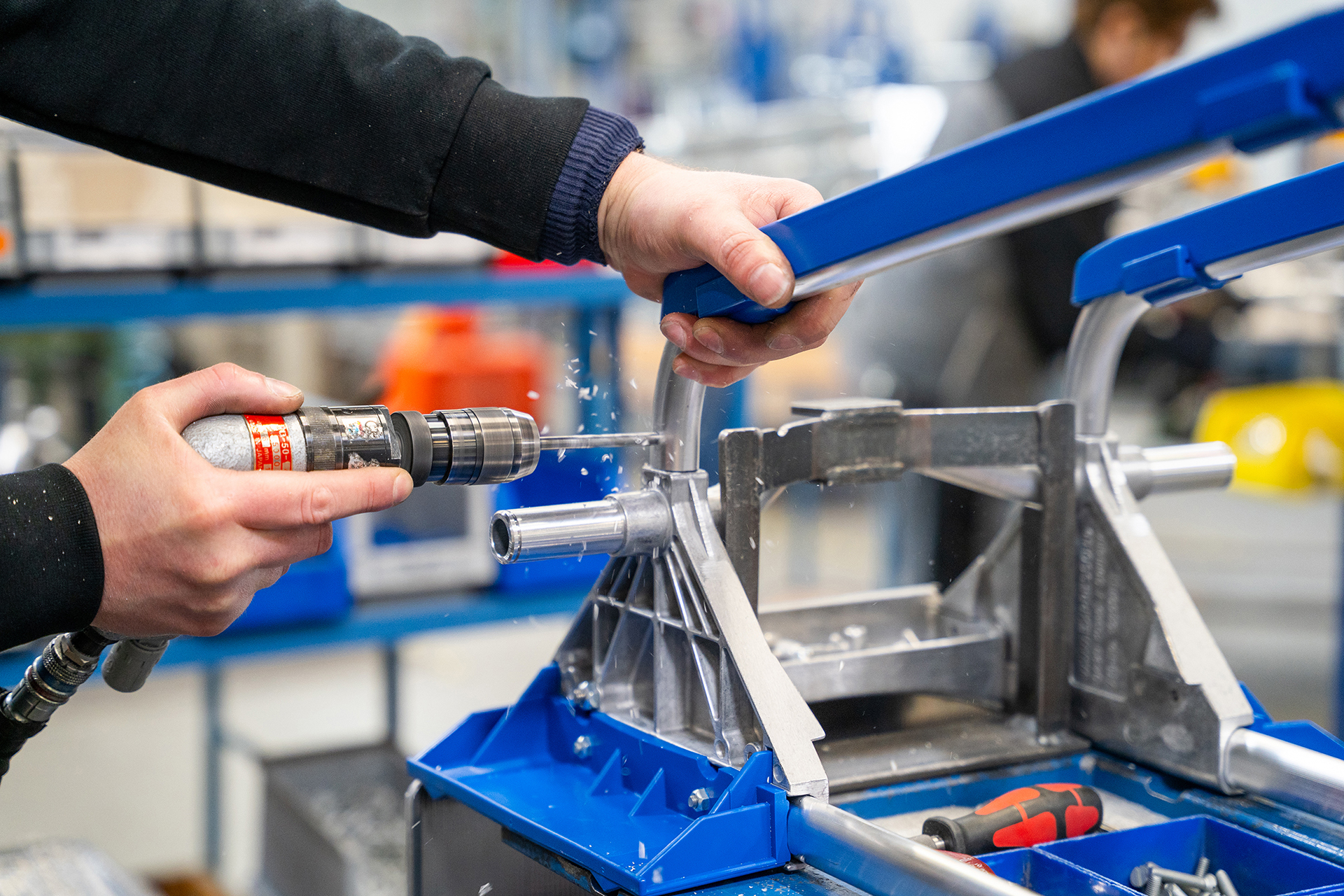
qualitaetsversprechen-6
Hand truck production Made in Germany: All components, such as the sloping skid on the axle carrier (picture), are assembled manually at EXPRESSO’s main factory with high precision and great care.



